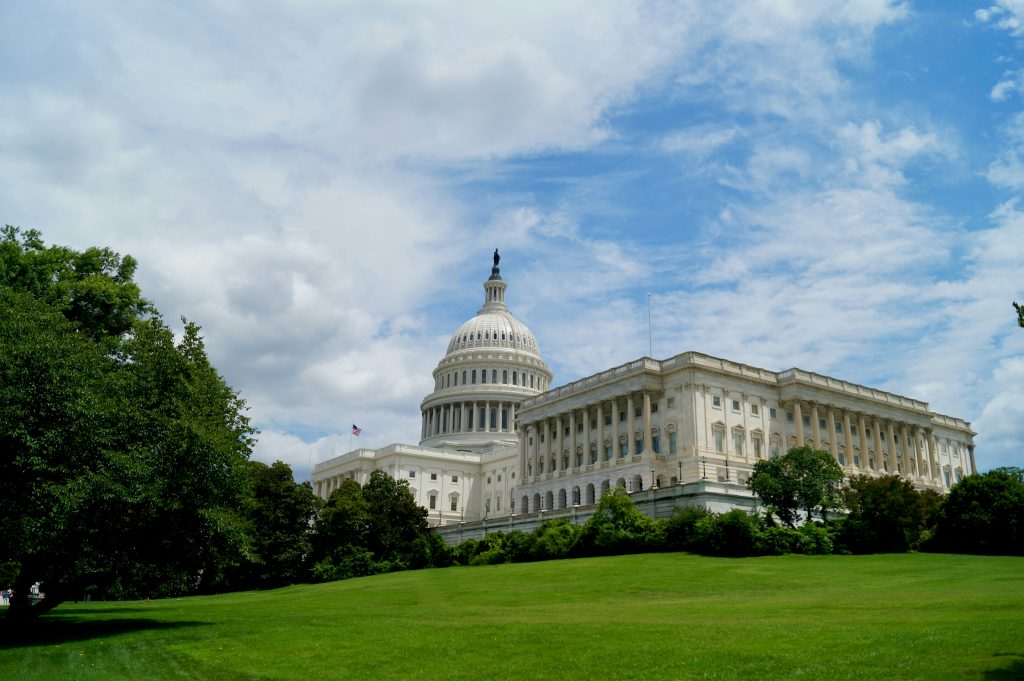
Last week a U.S. Treasury official reportedly wrote a letter to lawmakers criticizing state measures intended to combat “debanking.”
In recent years news outlets have reported how government policies encourage banks to designate conservative organizations as posing a “high risk” — giving the banks an excuse to close their accounts.
As a result, some states have passed laws prohibiting financial institutions from closing bank accounts based on an organization’s beliefs or who it chooses to associate with.
The U.S. Treasury Department apparently sees that as a problem. In his letter to lawmakers, U.S. Treasury Undersecretary Brian Nelson reportedly said, “State laws interfering with financial institutions’ ability to comply with national security requirements heighten the risk that international drug traffickers, transnational organized criminals, terrorists and corrupt foreign officials will use the U.S. financial system to launder money, evade sanctions and threaten our national security.”
But there is evidence that the U.S. Treasury Department has actually weaponized banks and other financial institutions against conservative organizations.
The U.S. House of Representatives Judiciary Committee and the Select Subcommittee on the Weaponization of the Federal Government has released a report that found:
- After the events of January 6, 2021, federal law enforcement officials from the Treasury Department’s Financial Crimes Enforcement Network (FinCEN) and the FBI initiated multiple discussions with financial institutions to discuss ways financial institutions could share customer information with federal law enforcement outside of normal legal processes.
- Law enforcement and private institutions shared intelligence through a web portal run by the Domestic Security Alliance Council — a partnership led by the FBI and the Department of Homeland Security.
- The U.S. Treasury Department gave banks and other financial institutions guiding “typologies” — patterns that could be used to identify suspicious people or activities — including search terms and patterns like “TRUMP” and “MAGA”, and encouraged financial institutions to comb through transactions for terms like, “Bass Pro Shops,” “Cabela’s,” and “Dick’s Sporting Goods” when looking for “Homegrown Violent Extremism.”
- “Americans doing nothing other than shopping or exercising their Second Amendment rights were being tracked by financial institutions and federal law enforcement.”
In 2021 Family Council’s credit card processor terminated our account after designating our organization as “high risk.”
At 10:29 AM on Wednesday, July 7, 2021, our office received a terse email from our credit card processor — a company owned by JPMorgan Chase — saying, “Unfortunately, we can no longer support your business. We wish you all the luck in the future, and hope that you find a processor that better fits your payment processing needs.”
Within sixty seconds, our account was terminated and and Family Council could no longer accept donations online. All we can do is speculate that our conservative principles and our public policy work might have had something to do with the decision to close our account.
Unfortunately, other organizations have had similar experiences as well. In fact, corporate shareholders, state attorneys general, congressmen, and news outlets all have expressed concerns over conservatives being wrongly labeled as “high risk” or “hate groups” and subsequently debanked.
Banks that are too big to fail should also be too big to discriminate. Nobody should have their bank account closed for what they believe.
Articles appearing on this website are written with the aid of Family Council’s researchers and writers.




